Attending church with my family as a child was for me, as a kid with the attention span of a fly, a weekly three-hour long ordeal. I remember sitting in the pews observing the same elaborate ceremonies every week and not understanding why we were doing any of it. I was not alone either. My friends, just as bored and disgruntled, would complain about the length and repetition of the rituals, challenging our parents to show us where in the bible Jesus makes mention of any these rituals.
Our parents would smile patiently and urge us to see the beauty in our traditions. It’s the way things have always been done, was the common refrain. Not at all a satisfactory answer for a child. Tradition for tradition’s sake! I would exclaim impatiently.
As an adult, however, I am finally able to look back at those very practices and see the beauty in each of those practices. As a child, I considered the solemn chants in Latin to be a earsore, but now, hearing those same chants help me feel more reverent. As a child, I used to make a point of coughing obnoxiously to make my distaste for incense known, but know I understand that incense represents an offering to God borne out of love and devotion. As a child, sitting through those long services each week were a test of my very will to live, but it is only now that I understand the theological significance behind the order of service.
I remember being intrigued, when I first became a Baha’i, by what then seemed like a complete lack of ritual in the Baha’i Faith. Our post last month, “What Christmas means to Baha’is” generated a lot of comments which have got me thinking about the Baha’i approach to rituals and tradition.
In contrast to my unqualified distaste for tradition as a child, I no longer feel that tradition is always a bad thing. Tradition refers to customs that are passed on from one generation to another. In many cases, they are a celebration of a person’s unique cultural identity and heritage. These practices are passed on either to preserve that cultural heritage or because they have some wisdom and are of practical benefit.
Incorporating traditional practices into our own spiritual practice is not, in itself, harmful. It only becomes a problem when we allow traditions to become rituals and when we feel that we are bound by these traditions.
Rituals are very different from tradition. Rituals refer to prescribed acts associated with spiritual practices that are obligatory. While the meaning of these rituals are often not easily understood, it is accepted that there is a deep significance and spiritual consequence underlying each of these rituals.
While there are a few of these rituals in the Baha’i Faith, such as the actions prescribed for saying the Medium and Long Obligatory Prayer, these are few and far between. With reference to these rituals, Shoghi Effendi explains:
Bahá’u’lláh has reduced all ritual and form to an absolute minimum in His Faith. The few forms that are there-like those associated with the two longer obligatory daily prayers, are only symbols of the inner attitude. There is a wisdom in them, and a great blessing but we cannot force ourselves to understand or feel these things, that is why He gave us also the very short and simple prayer, for those who did not feel the desire to perform the acts associated with the other two.
From a letter written on behalf of the Guardian dated June 24, 1949, reproduced in Lights of Guidance
The problem with tradition is that often, people become attached to their traditions and begin to feel bound by it. They confuse their traditional practices, which were adopted according to the wisdom of past generations, in a particular historical context, with rituals, which are divinely revealed, obligatory and timeless. As a result, a large number of man-made practices begins to be regarded as obligatory and unchangeable, when in fact there are only a handful of prescriptions that were divinely revealed and have to be observed.
Shoghi Effendi often warned of this tendency, and urged Baha’is to remember to distinguish between what was required of them by Baha’i laws and other customs and practices which individuals were free to adopt, but which did not define Baha’i practices.
Regarding the Bahá’í funeral service; it is extremely simple, as it consist only of a congregational prayers to be read before burial…. your National Spiritual Assembly should take great care lest any uniform procedure or ritual in this matter be adopted or imposed upon the friends. The danger in this, as in some other cases regarding Bahá’í worship, is that a definite system or rigid rituals and practices be developed among the believers. The utmost simplicity and flexibility should be observed….
Reproduced in Lights of Guidance
This, however, does not mean that we have to avoid traditional practices altogether. There are many benefits of incorporating traditional practices into our own spiritual practice. Incorporating certain elements of your cultural heritage into your spiritual practices can be a powerful way of bringing your cultural identity in line with your spiritual identity. Additionally, there are certain practices that I have adopted simply because they are of practical benefit in my life as Baha’i.
The important thing is to be very conscious of why you are doing something, and of maintaing a very clear line between what is required by the laws of the Baha’i Faith and practices that have been adopted.
One Naw-Ruz, I stayed with a Baha’i family of Persian descent and was fortunate enough not only to celebrate this Baha’i Holy Day with them, but also to be observe and be a part of some of the cultural practices associated with Naw-Ruz as a Persian cultural celebration. As a fairly new Baha’i, there might have been the danger of me leaving their home thinking that the Persian traditions of haft sin and painted eggs were part of what it meant to celebrate Naw-Ruz as a Baha’i, but my wonderful hosts – who, as it turns out, were just as wise as they were generous and hospitable – made sure to explain to me which practices originate from Persian customs and which practices were relevant to Naw-Ruz as a Baha’i Holy Day.
This, I think, is the key.
My experience of that Naw-Ruz was made all the richer by being able to celebrate the Holy Day with my Baha’i friends, while also being able to enjoy the unique way in which my Persian friends were honouring their own cultural heritage by infusing their celebrations with elements of a traditional Persian celebration of Naw-Ruz.
Similarly, I have found that I am able to honour my own ethno-religious heritage (my cultural heritage is inseparable from Christianity) by commemorating Christmas and Easter in a way that is aligned with my spiritual beliefs and practices as a Baha’i.
‘Abdu’l Baha spoke of the importance of remaining detached from our cultural practices, and of bringing our practices in line with the truth, as revealed by Baha’u’llah’s teachings:
This is the day when dogmas must be sacrificed in our search for truth. We must leave behind all save what is necessary for the needs of today, nor attach ourselves to any form or ritual which is in opposition to moral evolution.
Divine Philosophy
Ultimately, this a question which requires flexibility and detachment. On one hand, we need to be careful not to confuse tradition with spiritual practices required by Baha’i law. On the other hand, however, we need to be careful that this does not result in wholesale rejection of the numerous cultural heritages to which the individuals of the worldwide Baha’i community belong.
What are your thoughts on finding a balance? How do you bring your cultural heritage in line with your spiritual identity as a Baha’i? We’d love to hear from you in the comments!
Posted by
In her professional life, Preethi has dabbled in various combinations of education, community development and law. At heart, though, she's an overgrown child who thinks the world is one giant playground. She's currently on a quest to make learning come alive for young people and to bring the world's stories and cultures to them, with educational resources from
One Story Learning.

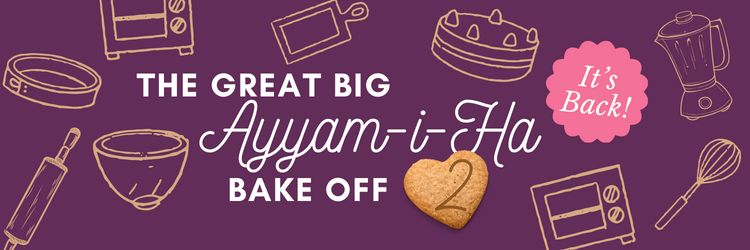






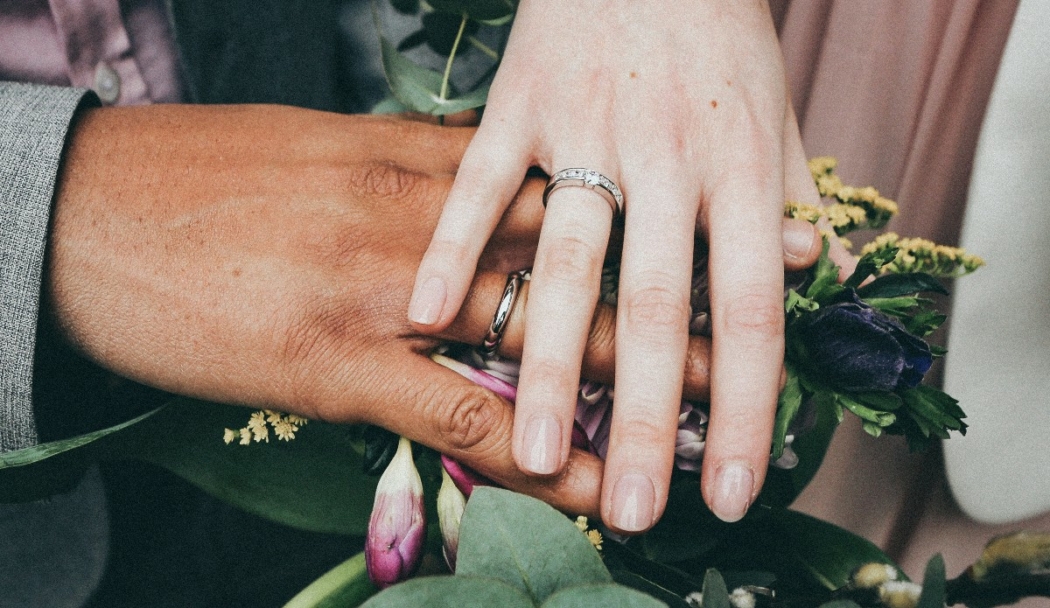




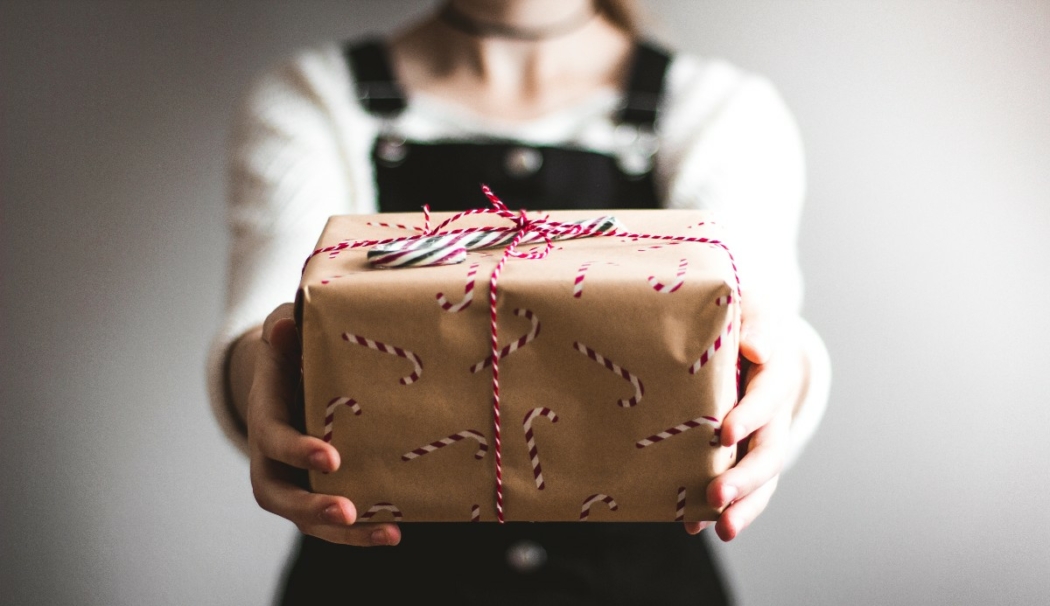
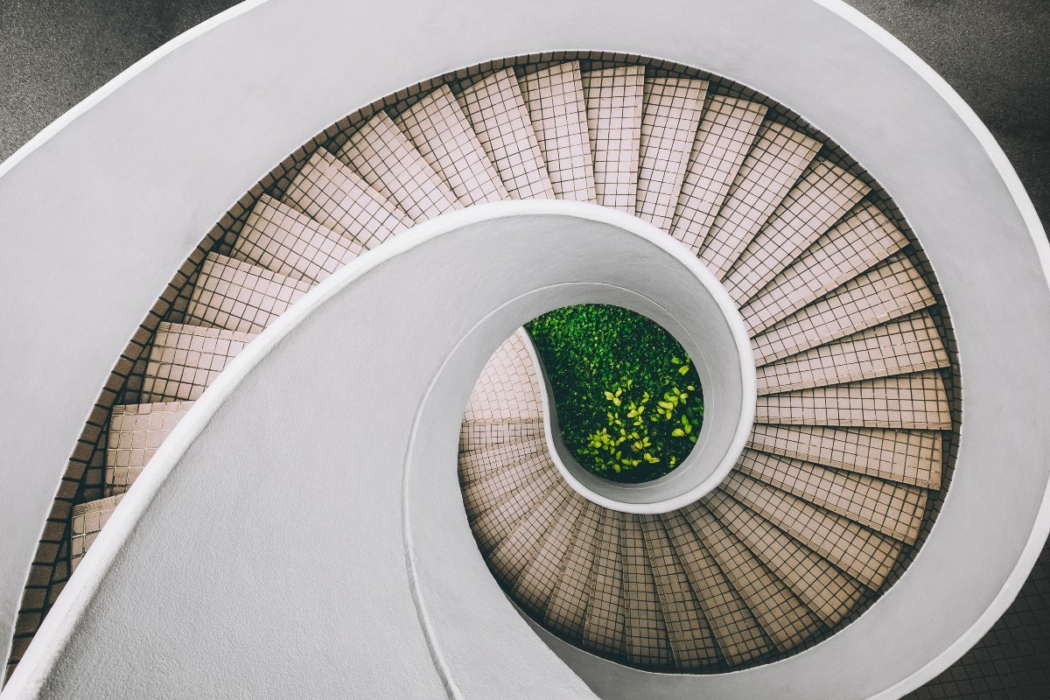



















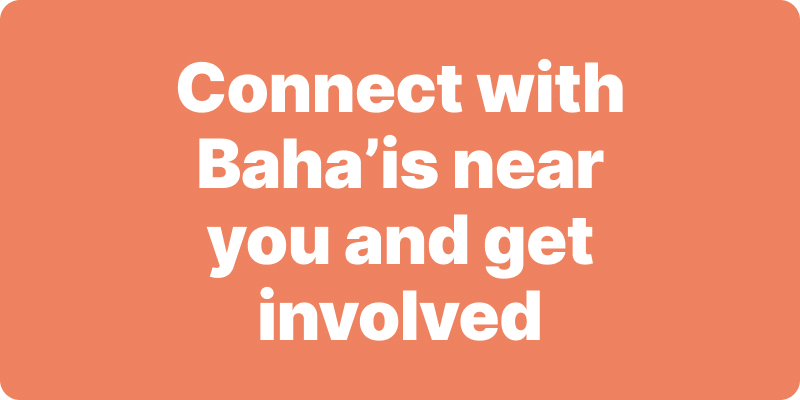

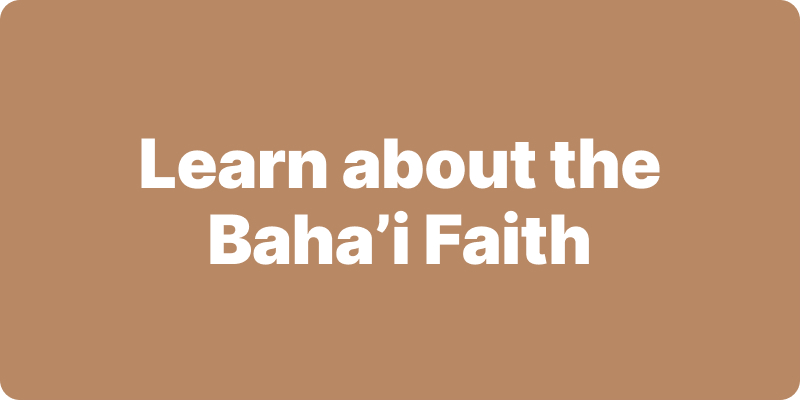


This is a really interesting piece, especially following on from the one about Christmas. It’s good to see the difference between ritual and tradition spelt out. I was tempted to comment on the ‘Christmas’ post but didn’t, so I’ll add my two pennorth here. I grew up in an agnostic family but we always celebrated Easter and Christmas in a ‘traditional’ manner rather than a Christian way. My point of view is that, in Northern Europe, at lease these are cultural tradtions to celebrate the winter solstice and spring that are thousands of years old and predate Christainty. Easter is even named after a pre christian godess (Oestre). My favourite parts of Christmas are to do with decorating the house with holly and ivy, having a Christmas tree (although this is a victorian import in the UK) and extra lights. The tradition of Chritmas dinner complete with Christmas pudding and mince pies is good too and save a lot of thinking hwat to cook! Because it is so dark in mid winter I feel I need Christmas as somerthing to look forward to as a point of light in the darkness. If my family were Baha’is I’d be tempted to move it to the solstice and call it ‘Yule’!
I don’t see any conflict between this and being a Baha’i as the faith supports cultural diversity, and to me this is part of our culture which it would be a shame to lose. It’s possible to celebrate without getting sucked into the surrounding consumerism. With chocolate easter eggs (which are on sale in the shops already) Easter seems to have become a celebration of chocolate more than anything else. Again if my family were Baha’i I’d like to revive some of the old customs of painted eggs and egg rolling and move it to Naw Ruz! For the other Baha’i holy days I don’t see why families shouldn’t develop their own family traditions.as long as they don’t become rituals or seen as the ‘Baha’i way’ of doing things. It’s lovely to read about the persian family including the persian cultural traditions, including painted eggs, in their celebrations. I recently read something about the similarity between some of the Mithraic traditions, from Persia, that are very similar to Christmas. Is it possible that these (and the eggs at the equinox) are part of an ancient Indo european heritage? The important thing as Baha’is is that we are clear about the distinctions between the requirements of the Faith and our own cultural traditions that may, or may not be incorporated into a Baha’i holy day. And, of course, any cultural traditions have to comply with Baha’i law. Sorry this is so long, it’s something I’ve been thinking about for a long time!
Louise Doughty (January 1, 2012 at 1:58 PM)
[…] we must be careful never to allow Ayyam-i-Ha to become ritualised or […]
Celebrating Ayyam-i-Ha Imaginatively! | Baha'i Blog (February 2, 2012 at 2:46 AM)
Very Nice Information.
you can also look for Hindu Religious Rituals And Traditions and their importance on Dharma. Click here to visit:- https://dharma.werindia.com/wear-sindoor-you-will-be-blessed-with-goodluck-prosperity
Pooja (June 6, 2020 at 5:20 PM)